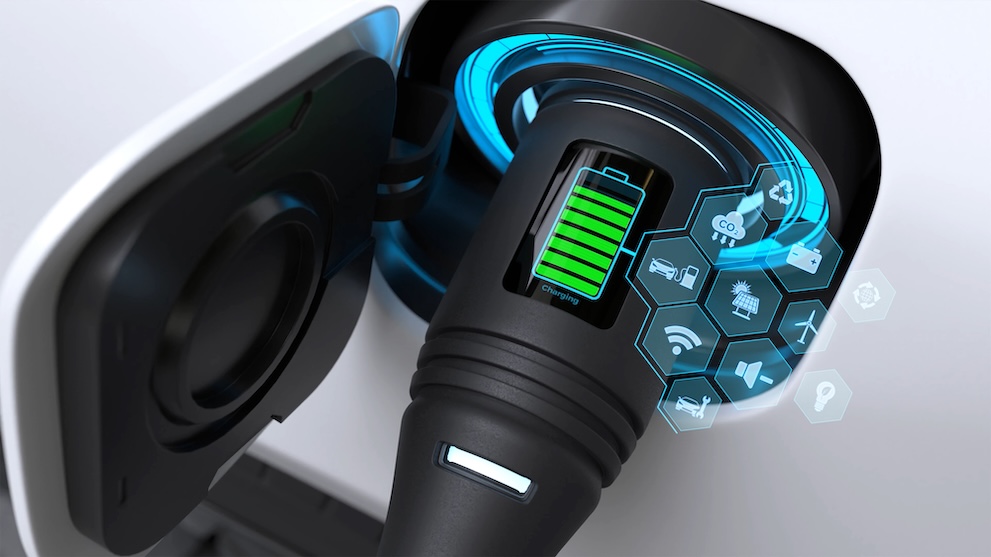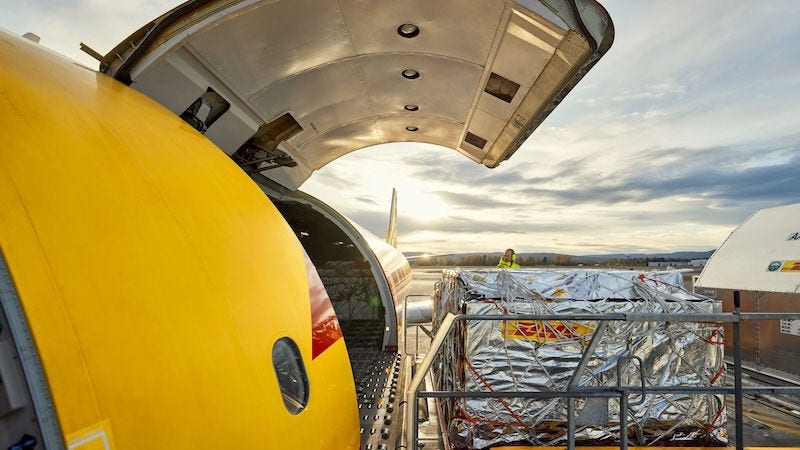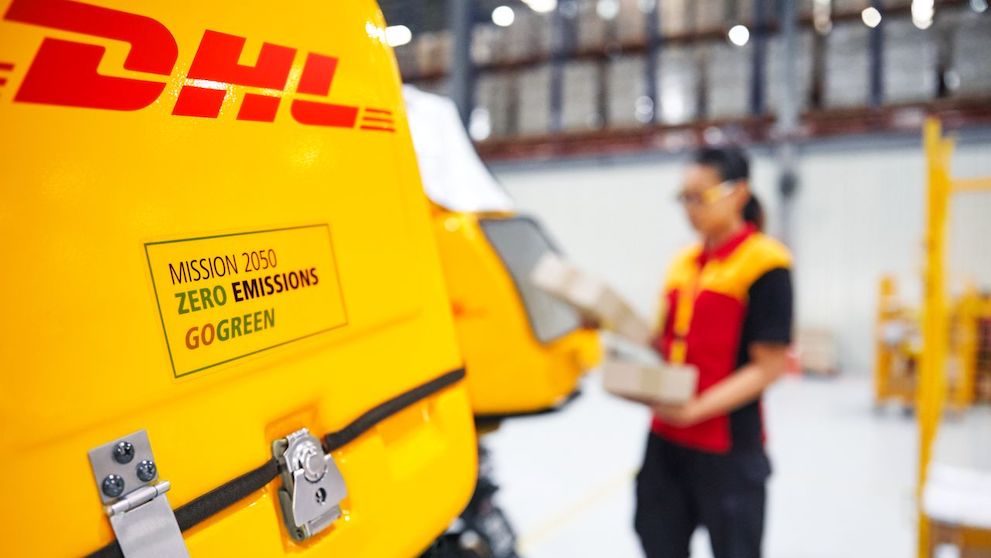The transition to electric vehicles (EVs) is one of the most transformative shifts in India's automotive industry, positioning the country at the forefront of sustainable transportation innovation. As New Delhi spearheads efforts to cultivate a robust electric vehicle sector ecosystem, the demand for advanced battery technology, especially lithium-ion batteries, has surged. This surge is not only crucial for powering the next generation of electric vehicles but also plays a pivotal role in India's ambitious strategy to embrace green energy and achieve net-zero emissions by 2070, a goal highlighted by the East Asia Forum.
However, the journey towards this sustainable future encounters a significant hurdle: the development of reliable supply chains for transporting these essential battery components. This challenge is particularly acute for the largest automotive parts manufacturers, who are pivotal in driving the mass adoption of electric vehicles in India. These industry leaders require robust, efficient, and sustainable logistics solutions to ensure the smooth flow of lithium-ion batteries and other critical EV battery components from production facilities to assembly lines and ultimately to the consumer market. The establishment of dependable supply chains is thus essential not only for these manufacturers but also for the broader ambition of the country’s transition to electric vehicles, underscoring the need for concerted efforts to overcome these logistical challenges and propel the nation toward its green energy objectives.
The complexities associated with lithium-ion batteries in aftermarket logistics
Lithium-ion batteries are classified as dangerous goods because of their high energy density, which brings significant challenges within the supply chain, particularly when navigating international borders. These challenges are not only logistical but also regulatory and environmental in nature, directly impacting the handling of electric car battery elements.
1. Storage and transportation
The inherent risks associated with lithium-ion batteries demand stringent safety measures for storage and transportation. The high energy density of these batteries poses risks of thermal runaway, leading to potential fires if improperly handled. Additionally, this risk is magnified in the aftermarket sector, where batteries may be damaged or in a state of partial discharge, conditions that can increase the likelihood of incidents.
2. Complex import-export regulations
One of the foremost challenges in the lithium-ion battery supply chain is compliance with many regulations that govern its transportation overseas. These regulations vary not only from country to country but also across different states and local jurisdictions within India. For example, lithium-ion batteries must undergo Bureau of Indian Standards (BIS) certification to ensure they meet quality and safety standards, according to Corpbiz.
If businesses are unable to comply with these regulations, it may lead to hefty fines, legal repercussions, and significant delays in the supply chain. For further information, check out our guide on how to ship batteries internationally.
3. Complicated reverse logistics process
Another critical aspect of the lithium-ion battery supply chain is the management of reverse logistics for used or defective batteries. As EVs become more prevalent, the volume of batteries at the end of their life cycle will increase dramatically. These batteries must be collected, transported, and either recycled or disposed of in a sustainable way. This process is complicated by the fact that used electric car batteries, even those that are no longer viable for vehicle use, still retain significant energy and are classified as dangerous goods. Therefore, the reverse logistics of batteries requires a specialised approach to ensure that these materials are handled safely and in compliance with environmental regulations.





